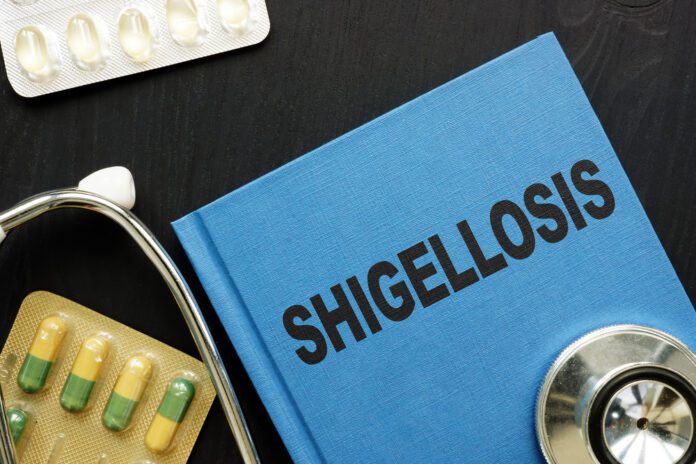Overview Of Shigellosis
Shigellosis is a bacterial infection of the lining of the intestines. It is caused by a group of bacteria called shigella.
Commonly Associated With
Shigella gastroenteritis; Shigella enteritis; Enteritis – shigella; Gastroenteritis – shigella; Traveler’s diarrhea – shigellosis
Causes Of Shigellosis
There are several types of Shigella bacteria, including:
- Shigella sonnei, also called “group D” Shigella, is responsible for most cases of shigellosis in the United States.
- Shigella flexneri, or “group B” Shigella, causes almost all other cases.
- Shigella dysenteriae, or “group A” shigella is rare in the United States. However, it can lead to deadly outbreaks in developing countries.
- People infected with the bacteria release it into their stool. They can spread the bacteria to water or food, or directly to another person. Getting just a little bit of the shigella bacteria into your mouth is enough to cause infection.
- Outbreaks of shigellosis are linked with poor sanitation, contaminated food and water, and crowded living conditions.
- Shigellosis is common among travelers in developing countries and workers or residents in refugee camps.
- In the United States, the condition is most commonly seen in daycare centers and places where groups of people live, such as nursing homes.
Symptoms Of Shigellosis
Symptoms often develop about 1 to 7 days (average 3 days) after coming into contact with the bacteria.
Symptoms include:
- Acute (sudden) abdominal pain or cramping
- Acute fever
- Blood, mucus, or pus in the stool
- Crampy rectal pain
- Nausea and vomiting
- Watery and bloody diarrhea
Exams & Tests
If you have symptoms of shigellosis, your health care provider will check for:
- Dehydration (not enough fluids in your body) with a fast heart rate and low blood pressure
- Abdominal tenderness
- An elevated level of white blood cells in the blood
- A stool culture to check for white blood cells
Treatment Of Shigellosis
The goal of treatment is to replace fluids and electrolytes (salt and minerals) that are lost in diarrhea.
Medicines that stop diarrhea are generally not given because they can cause the infection to take longer to go away.
Self-care measures to avoid dehydration include drinking electrolyte solutions to replace the fluids lost by diarrhea. Several types of electrolyte solutions are available over-the-counter (without a prescription).
Antibiotics can help shorten the length of the illness. These medicines also help prevent the illness from spreading to others in group living or daycare settings. They may also be prescribed for people with severe symptoms.
If you have diarrhea and cannot drink fluids by mouth because of severe nausea, you may need medical care and intravenous (IV) fluids. This is more common in small children who have shigellosis.
People who take diuretics (“water pills”) may need to stop taking these medicines if they have acute Shigella enteritis. Never stop taking any medicine without first talking to your provider.



